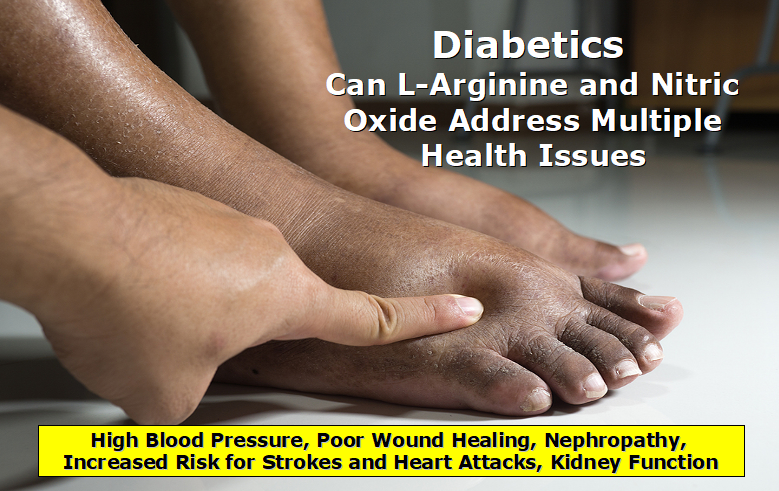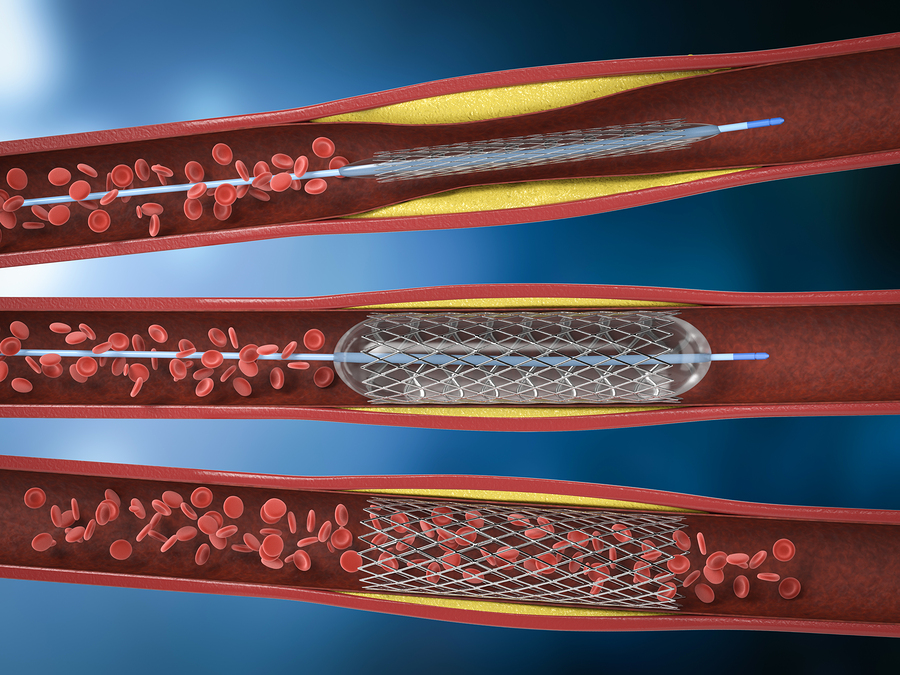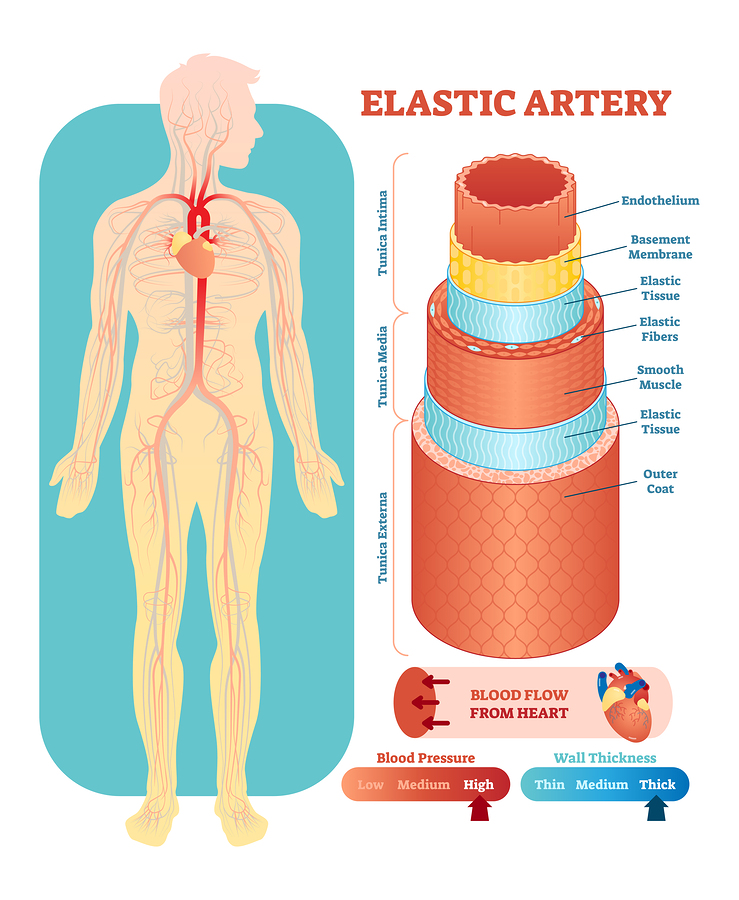From the research it’s clear that diabetics produce less nitric oxide, which may be a contributing factor in the following health concerns:
- High Blood Pressure
- Increased Risk for Heart Disease
- Increased Risk for Stroke
- Poor Kidney Function
- Poor Wound Healing
- Nephropathy
- And Atherosclerosis
Today’s post is going to examine the question, “Can L-arginine and Nitric Oxide Address Multiple Health Issues in Diabetics?”
Now before we get started let’s get a clear picture on nitric oxide and L-arginine.
Nitric oxide is a signaling molecule created in your vascular system to help regulate circulation. It is a vasodilator, which relaxes the smooth muscle of the vascular wall.
This action improves blood flow. Improved blood flow helps to:
Bring blood pressure back into the normal range.
Reduces your risk for strokes and heart attacks.
And improves blood flow to the kidneys to help them function better.
Already three diabetic concerns have been addressed.
(If you would prefer to view this information in a video format, then please click on my YouTube video below:)
L-arginine is a key amino acid that helps regulate 7 different metabolic pathways in your body. One pathway is the creation of nitric oxide. This means it’s a critical component for good cardiovascular health.
L-arginine is also needed for proper elimination of urea. And plays a key role in kidney function.
Here is a link to a PubMed article titled “L-arginine as a therapeutic tool in kidney disease.”
The proper combination of both L-arginine and nitric oxide helps to improve kidney function. Read More →










